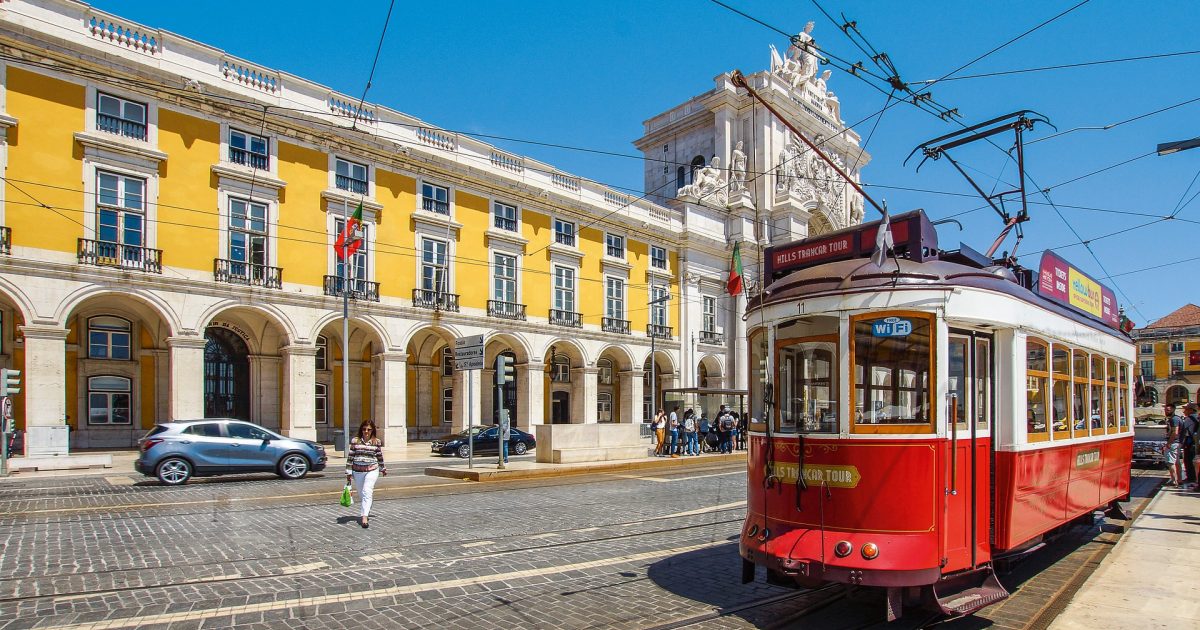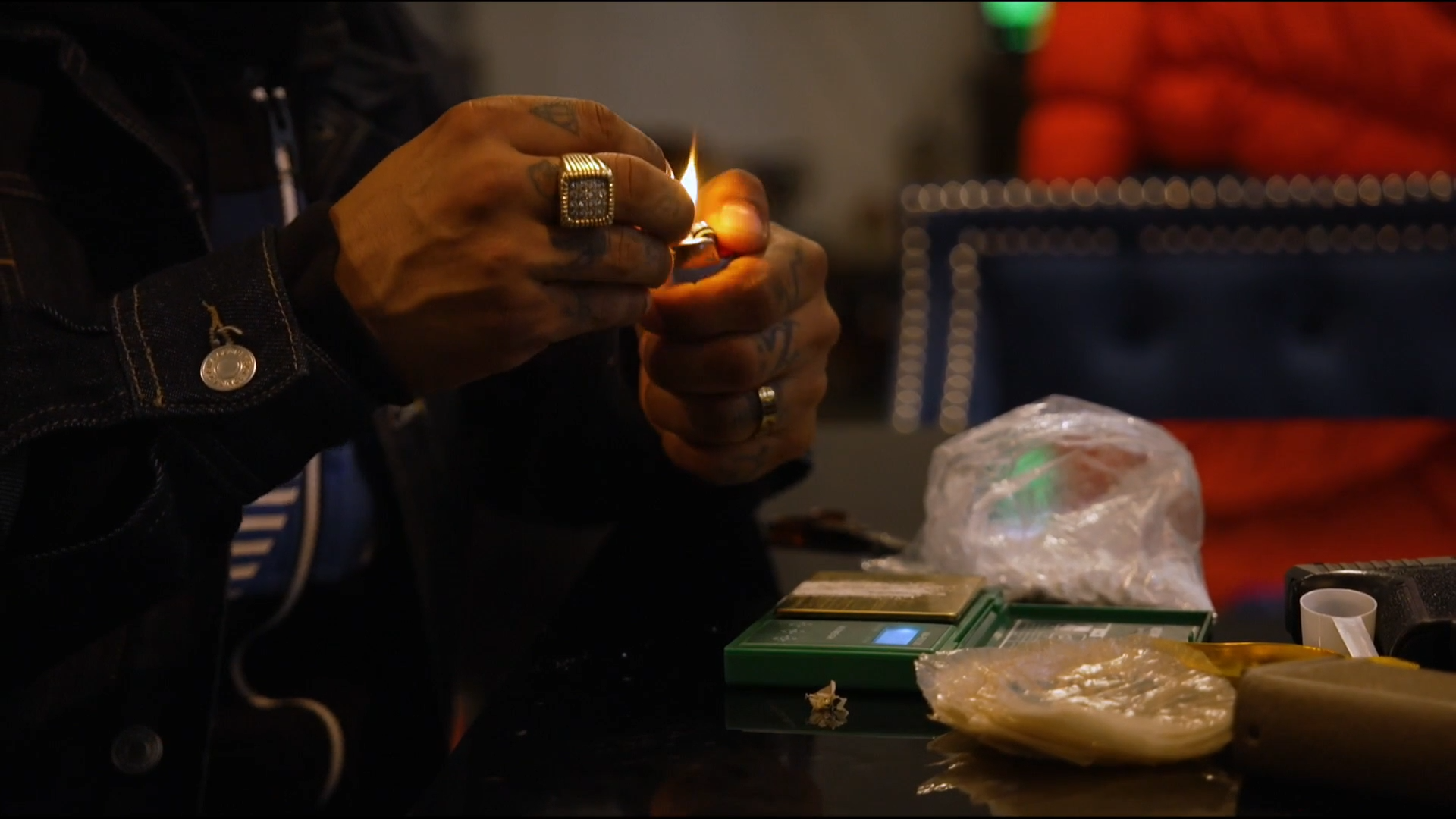Has any country legalised Class As? It seems unlikely. After all, drug testing in prisons has driven out cannabis abuse only to have it replaced by heroin et so which aren't detectable for as long. The resultant problems with heroin and methadone are much worse than those from role in the days when its use in prisons was commonplace.You’re very welcome @zeon and yes I would say there is a high use of recreational drugs in this country, but it’s been that way for many years.
I wouldn’t be surprised if all drugs in this country were legalised, that after an initial spike where people were trying different substances, that drug use actually went down.
You are using an out of date browser. It may not display this or other websites correctly.
You should upgrade or use an alternative browser.
You should upgrade or use an alternative browser.
Germany sees sense and legalises cannabis
- Thread starter Finnegan
- Start date
Finnegan
I like a bit of a cavort
Did you actually read the report from Portugal? Prior to 2001, Portugal had drug deaths per capita in line with the rest of the EU. After legalisation, drug deaths per capita dropped to below the EU average. What effect could any notable cultural differences be said to have been a factor in this statistic?Just re point 2 - I think we do have to be somewhat cautious concluding that what works in one country will automatically work in a different country, particularly when there are notable cultural differences between them.
You write “Whilst I can certainly empathise with people in such situations that may want to use drugs in that way, I don't believe we are helping them by allowing them to do so.” That’s not a particularly useful interpretation. They will use dugs regardless of whether they are assisted to or not. In this example, it is not the consumption of drugs that is being assisted, it’s the provision of harm reduction measures that will reduce drug deaths.
I do not seek to minimise or dismiss your concerns, but prohibition has failed by every metric. I’ll say it again, the UN Single Convention On Narcotic Drugs was signed over half a century ago. The U.K. signed the Dangerous Drugs, restricting diamorphine, forty years earlier in 1920. Ask yourself the stark question. Has drug use diminished in over a century of restriction and prohibition, or has it increased exponentially?
Prohibition condemns drug users to engage in petty crime to fund habits, ensures that illicitly produced substances will be adulterated and potentially dangerous, ensures that unsafe and unhygienic practices will be maintained. Harm reduction measures reduce drug deaths. I assume that’s the end we would all like to work to?
Gingerbeard
Ayup Me Duck
100%Vegas is known for gambling joints, so I guess the two are intermixed. I dread to think, though, of how one can gamble away money stoned out their tiny mind; sounds counter-intuitive to me.
I haven't read all posts in this thread, but I wonder if anyone has pointed out the music connection. The sole reason I started back in the late sixties was because of its effect on the expansion of musical images. Apart from sex, I couldn't see any other benefits at the time. I've no idea if other narcotics have similar effects on music enjoyment but this was the prime mover in dope for me.
Finnegan
I like a bit of a cavort
Portugal.Has any country legalised Class As? It seems unlikely. .

Drug decriminalisation in Portugal: setting the record straight. | Transform
Finnegan
I like a bit of a cavort
Fairly gruesome report on Ch4 news tonight about the explosion in fentanyl use. As visceral a portrait of the failed War On Drugs as you’re likely to see.

 www.channel4.com
www.channel4.com

How Mexican drug cartels made their own fentanyl crisis (Dubbed)
Fentanyl is killing more Americans than ever. It's blamed for more than 70 thousand fatal overdoses each year.
Gingerbeard
Ayup Me Duck
Yes, I believe Portugal has legalised all drugsHas any country legalised Class As? It seems unlikely. After all, drug testing in prisons has driven out cannabis abuse only to have it replaced by heroin et so which aren't detectable for as long. The resultant problems with heroin and methadone are much worse than those from role in the days when its use in prisons was commonplace.
Finnegan
I like a bit of a cavort
Also, see what I previously posted on the Brighton experiment of prescribing a pure regulated dose of diamorphine to addicts, reducing drug deaths in a city notorious for intravenous drug use.
Legal heroin is not going to be available to pick up as a last minute impulse buy at the checkout at Lidl. It will be highly regulated and it will save lives. This is both good and desirable, no?
Legal heroin is not going to be available to pick up as a last minute impulse buy at the checkout at Lidl. It will be highly regulated and it will save lives. This is both good and desirable, no?
russel
./_dazed_and_confused
Maybe there's a cultural thing going on. We all know that in France the consumption of alcohol is far more frequent than in the UK, but they tend to drink less. The French don't really have a concept of "let's all go out and get p*ssed". If you suggest it they look at you gone out. "Why would we want to do that? Go for a drink, sure, and if one or two of us have one too many, well, these things happen, but that's not the goal"
Maybe Brits just like to get leathered, on whatever the drug is.
The rat park experiment is interesting, it also has a human analogue during the Vietnam war many of the soldiers were addicted to heroin but many of them stopped as soon as they got back to the US.
Rat Park - Wikipedia
russel
./_dazed_and_confused
Has any country legalised Class As? It seems unlikely. After all, drug testing in prisons has driven out cannabis abuse only to have it replaced by heroin et so which aren't detectable for as long. The resultant problems with heroin and methadone are much worse than those from role in the days when its use in prisons was commonplace.
Alcohol would be a class A drug if it suddenly appeared today.
Cav
pfm Member
Have they legalised or have they decriminalised them? The distinction is important.Yes, I believe Portugal has legalised all drugs
The link above says the latter. They will still confiscate them and you still get a telling off but it looks like a "slap on wrist" offence.Have they legalised or have they decriminalised them? The distinction is important.
Chefren
pfm Member
As freedom of choice increases, freedom from consequences needs to decrease. You can't reasonably have one and not the other. I for one am quite happy with the government limiting the use of drugs for which they have to pay the consequences for (e.g. health care costs for lung cancer due to smoking).All that may be true but freedom of choice is far more important. We have too many fascist telling us what we can and cannot say and what we can and cannot do.
Our society is from a historical perspective extremely economically liberal, for example businesses have limited liability and even people can declare bankrupcy these days. Whatever happened to good old debt slavery, or at least stints in the local pillory?
Finnegan
I like a bit of a cavort
Junk food, pot holing, mountaineering, horse riding, peanut eating?As freedom of choice increases, freedom from consequences needs to decrease. You can't reasonably have one and not the other. I for one am quite happy with the government limiting the use of drugs for which they have to pay the consequences for (e.g. health care costs for lung cancer due to smoking).
Finnegan
I like a bit of a cavort
In legal terms yes, in practical terms and as far as addicts are concerned, not so much.Have they legalised or have they decriminalised them? The distinction is important.
”Importantly, the decriminalisation of personal possession is only one part of broader health-centred drug policy reforms that involve an increased focus on harm reduction and treatment provision. By ‘accepting the reality of drug use rather than eternally hoping that it will disappear as a result of repressive legislation’, Portuguese reform allows drugs to be treated as a health, rather than criminal justice, issue. The benefits of these reforms, therefore, arise from both decriminalisation itself and the establishment of a wider health-based response to drug problems.”
Balance of payments. Health benefits from doing any sport, including pot holing, mountaineering and horse riding, outweigh the damage done by the low nunbers of those that fall off. Every Sunday the hospitals see a run of footballers with broken ankles and cruciate injuries, along with people who have fallen off bikes, but these people are all fitter and generally healthier than the thousands who sit and watch TV instead.Junk food, pot holing, mountaineering, horse riding, peanut eating?
Junk food and peanuts, well, we all have to eat. Junk food attracts VAT if served hot, and a bit of VAT funds the hospital cardiac wing. In addition, you have to weigh up the cost of pensions against health care. As an example, a friend of mine was always obese and was never going to claim a pension for 20 years. In the event he didn't get to 60 and was still working and paying tax when he died. That's a positive for the exchequer.
It's the latter bit that tends to be glossed over in these debates. Look at our current NHS. How likely is our "wider health based response" in anything like the current climate? Free needles for addicts, drug testing, clinics, health advice, paid for by the tax payer, let's see how that one plays in downtown Burnley, Barnsley or Bradford when the payslip arrives with a third of what you earned going as tax and the last time you needed a doctor you had to wait for a week.The benefits of these reforms, therefore, arise from both decriminalisation itself and the establishment of a wider health-based response to drug problems.”
Finnegan
I like a bit of a cavort
Then legalise cannabis. As with alcohol and tobacco, use taxation to fund the health and social care for the minority of drug users who develop problems while allowing the vast majority who do not develop problems to enjoy a recreational pursuit in which regulation significantly diminishes risk and eliminates a potential criminal record for a comparatively benign activity.Balance of payments. Health benefits from doing any sport, including pot holing, mountaineering and horse riding, outweigh the damage done by the low nunbers of those that fall off. Every Sunday the hospitals see a run of footballers with broken ankles and cruciate injuries, along with people who have fallen off bikes, but these people are all fitter and generally healthier than the thousands who sit and watch TV instead.
Junk food and peanuts, well, we all have to eat. Junk food attracts VAT if served hot, and a bit of VAT funds the hospital cardiac wing. In addition, you have to weigh up the cost of pensions against health care. As an example, a friend of mine was always obese and was never going to claim a pension for 20 years. In the event he didn't get to 60 and was still working and paying tax when he died. That's a positive for the exchequer.
Thats a positive for the exchequer, the NHS and individual liberty.
Finnegan
I like a bit of a cavort
Let’s see what plays in downtown Burnley, Barnsley, Bradford, or indeed anywhere not beginning with B (Chester, Castleford, Chorlton-cum-Hardy) when the true cost of illegality is revealed against the relative pittance of the cost of free needles, drug testing, and prevention, especially when your payslip arrives and you think about how much of that 33% has gone towards arresting, charging, prosecuting and imprisoning drug users as well as treating the physical and social costs of drug addiction once it has reached chronic levels. And you might also think about how your son and daughter slipped into addiction and died all for the want a few quid spent on clean needles or safe injecting rooms.It's the latter bit that tends to be glossed over in these debates. Look at our current NHS. How likely is our "wider health based response" in anything like the current climate? Free needles for addicts, drug testing, clinics, health advice, paid for by the tax payer, let's see how that one plays in downtown Burnley, Barnsley or Bradford when the payslip arrives with a third of what you earned going as tax and the last time you needed a doctor you had to wait for a week.
Let’s stop pandering to prejudice as a result of poorly informed and at times hysterical coverage of drug issues in the media. Can’t speak for you, but when a policy has been implemented for over a century, and has not only not reduced drug use, but drug use has increased exponentially during that period, I think it’s way past time for a rethink and a fresh approach. Harm reduction saves lives. Is that the important issue here, or how the reception of misinformation plays out in northern towns beginning with B?
SteveG
pfm Member
Is that straight from the Daily Mail?Free needles for addicts, drug testing, clinics, health advice, paid for by the tax payer, let's see how that one plays in downtown Burnley, Barnsley or Bradford when the payslip arrives with a third of what you earned going as tax and the last time you needed a doctor you had to wait for a week.
Chefren
pfm Member
Mandatory helmets for cyclists, motor or otherwise, comes to mind. Mandatory use of seat belts in cars. etc.Junk food, pot holing, mountaineering, horse riding, peanut eating?
Not sure mountaneering or horse riding cause enough injuries to matter, and excercise also brings health benefits which reduce health care costs.
But there are countries with health taxes on sugary food like sodas and candies, precisely for the reason that the health issues they cause are expensive for the state.

